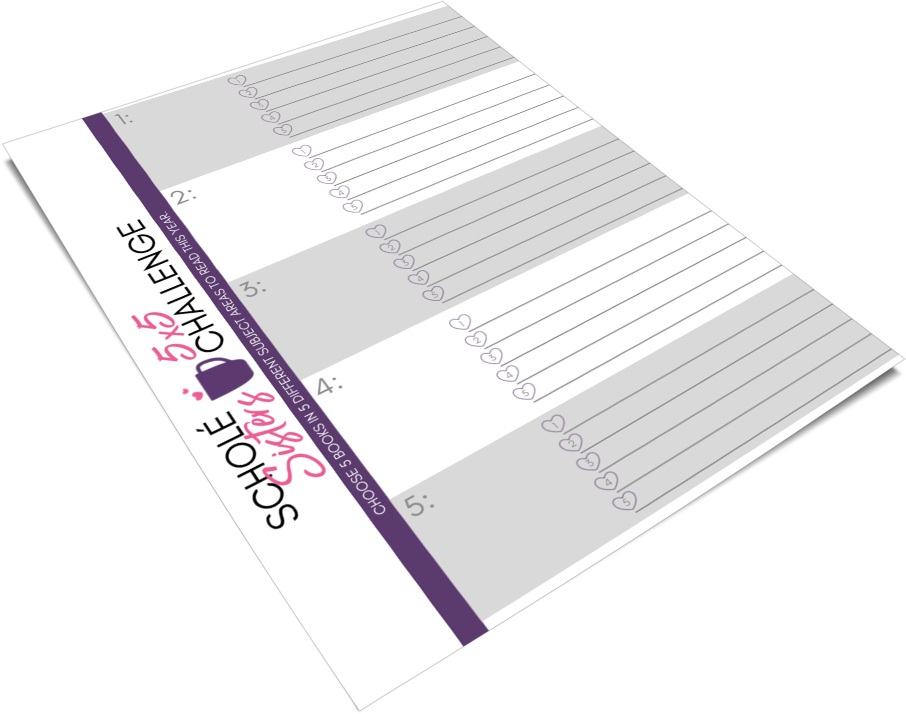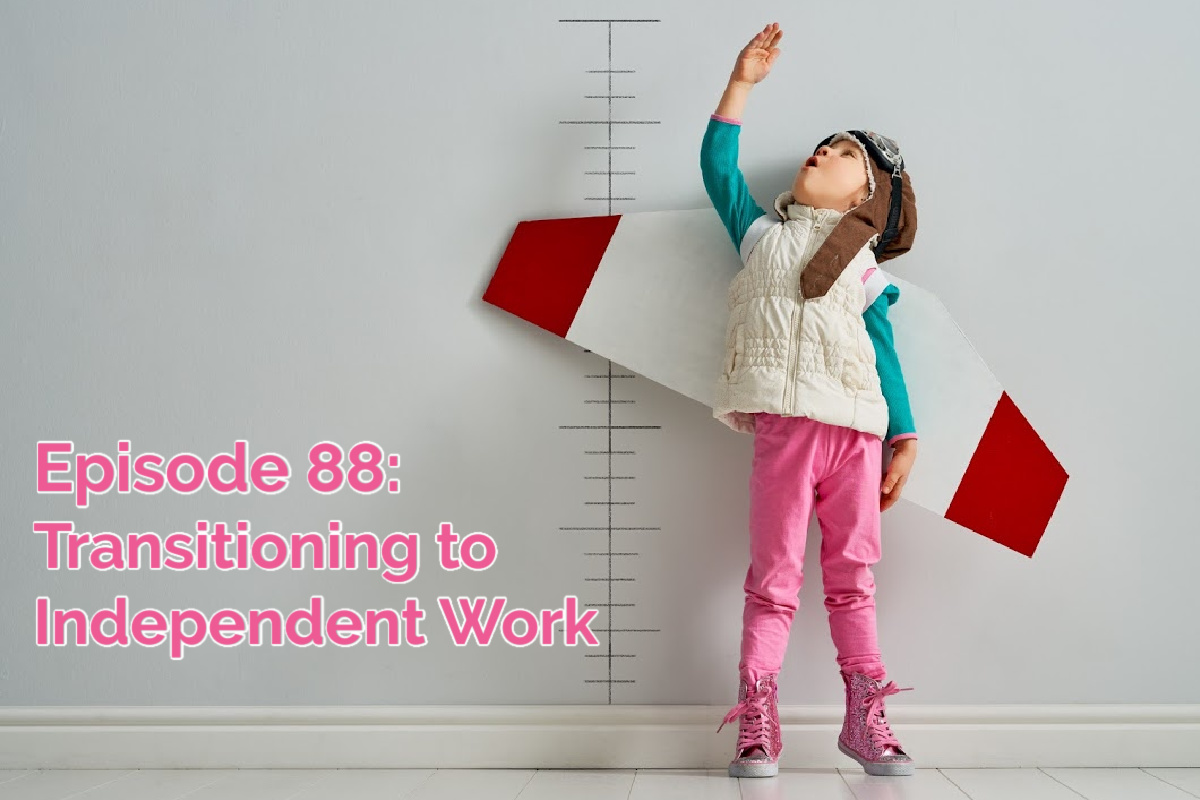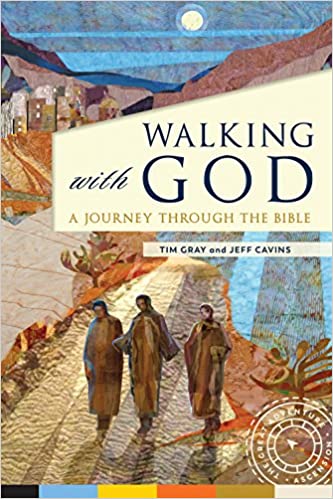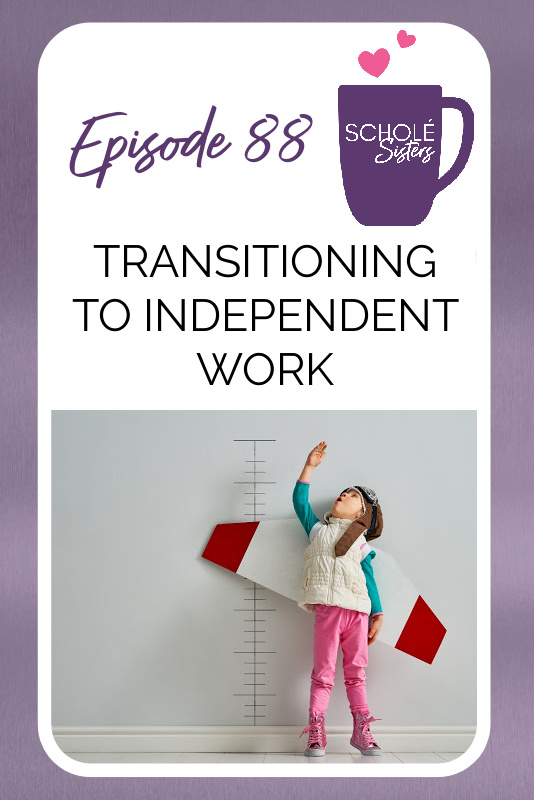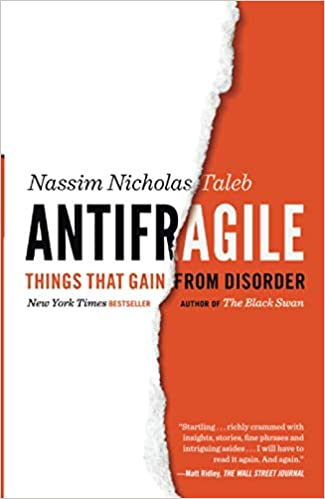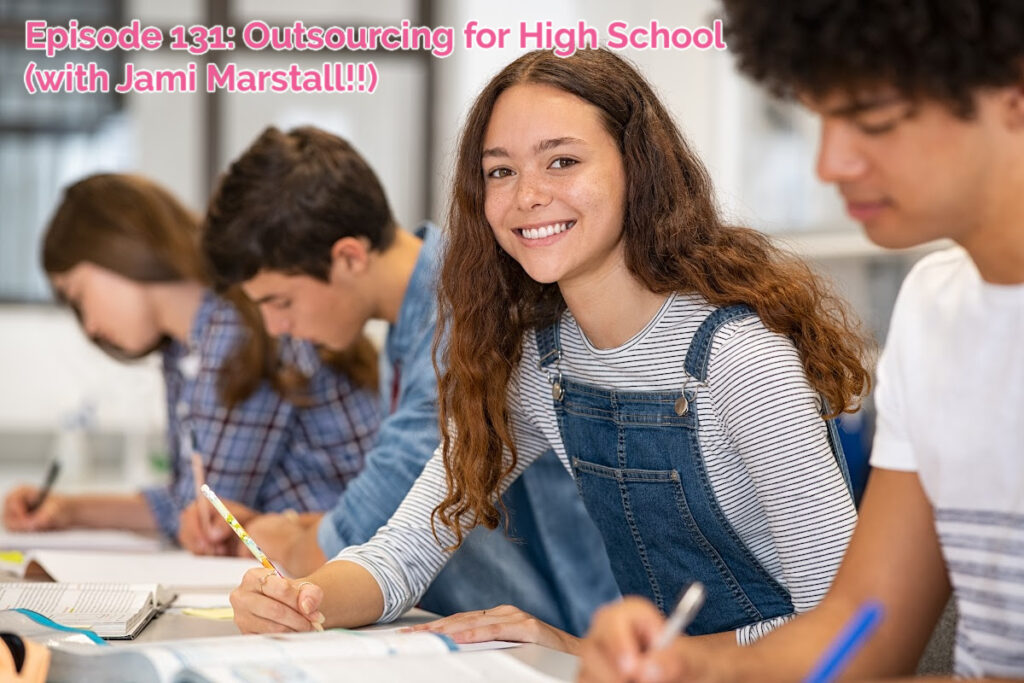SS #88: Transitioning Kids to Independent Work
When all the kids are little, learning phonics, eating toothpaste, and tearing books more than reading them, we dream of an idyllic future homeschool where they are independent learners.
What does this fabled state actually look like and how do we get there? Is it really a land of promise where mom can now sit back, make a list, and expect it to get done?
The Scholé Sisters, all of whom have high schoolers now, speak about what independent learners really look like and the messy process of getting them there.
Listen to the podcast:
TUNE IN:
Apple Podcasts | Spotify | Stitcher
How to move to independent work in your homeschool
Today’s Hosts

Brandy Vencel
has one graduate, two high schoolers, and a middle school son.

Pam Barnhill
homeschools one high school daughter and two middle school sons.

Mystie Winckler
is now the only Scholé Sister with a younger-than-double-digits student; her oldest will graduate this year.

Abby Wahl
has two high schoolers and three middle school boys in her homeschool.
“Mom still needs to know what’s going on.”
Mystie Winckler
Scholé Every Day: What We’re Reading
Walking with God: A Journey Through the Bible, Tim Gray & Jeff Cavin
Pam is reading this book as a supplement to her through-the-Bible reading plan; it gives background and commentary on the narrative flow of Scripture.
Wine: A Beginner’s Guide, Kenneth Fredrickson
Abby is reading this Idaho rancher’s guide to wine as a relatable avenue into refining her palate.
The Envy of Angels: Cathedral Schools and Social Ideals in Medieval Europe, C. Stephen Jaeger
Mystie is reading this rather dry, extended history of early medieval education for her NSA grad class on the history of classical Christian education.
The Liberal Arts Tradition, Kevin Clark & Ravi Jain
Brandy finished The Liberal Arts Tradition with the local group she was leading and focused on the appendix which is the first chapter of Ravi’s next book on teaching science.
What is independent work in the homeschool?
If mom doesn’t know what is going on, then there most likely isn’t any work happening. Independent work does not mean mom is off doing her own thing, not paying attention.
Mom’s role is different for independent work. Instead of a teacher, she is an administrator, supervisor, and coach. But she’s still involved and knows what’s going on. Her eyes still need to be on the work.
Mom being engaged in the process is not optional if good work needs to happen.
Even when someone else is teaching the class, mom needs to be engaged in order to ensure the student cares and does the work. If mom isn’t paying attention, the student probably isn’t either.
When kids are in the elementary years or not strong readers, mom is directly involved in about 80% of the work while the students are responsible for 20%. By high school, that flips to 80% of the work done without mom’s direct supervision and 20% of mom’s involvement.
But I’m never off the hook.
Abby Wahl
Independent work for the student doesn’t mean neglect on mom’s part.
Initiative needs to be developed
Just assigning work to a middle or high school student does not mean it will be done. Initiative is not something that happens without modeling, coaching, failure, and consequences.
Initiative and responsibility are skills that some will have more naturally than others, but that all need help developing.
It is not true that if you build it, they will come. It is not true that if you assign it, it will get done. If you want your student to be responsible, you have to hold them responsible and administer known consequences for incomplete or inadequate work.
Responsibility develops after they experience consequences, which is another way of saying we need to expect them to fail along the way. It’s a part of the process of learning how to be (and why to be) responsible.
Initiative is the goal of independent work for teens, but it isn’t a prerequisite and it isn’t an automatic quality.
Preparing preschoolers for independent work
Preparation for independent work begins from the time they’re able to toddle around.
Brandy Vencel
If you want teens who are independent, they need to be able to problem-solve without panicking. That learning process begins when they are little, when mom does not fix everything for them or get them everything they want.
All parenting needs to keep the end in view. We want this toddler to grow and mature and become an independent, responsible adult. They aren’t our toys and pets until they are twelve or sixteen at which point we throw up our hands and expect them to grow up.
Our job as parents is to help them take the next appropriate step in maturity.
Things we did:
- We did NOT do school activities with preschoolers. They played.
- We did NOT direct and orchestrate and organize their play.
- We did teach them to pick up their toys.
- We did teach them to help around the house.
- Mystie was a mean, lazy mom and didn’t do things for her kids if they could do it for themselves.
- Brandy caught herself intervening too quickly and trained herself not to so her little ones could figure things out for themselves.
- Abby pointed out that free, open-ended play lays a groundwork for independence.
- We taught our small kids to sit in church.
We also had preschoolers before there were small screens to hand to children. We talked and guided and directed at the grocery store, at the park, and around town – because not only did our kids not have iPads while sitting in the cart, even we ourselves did not have a portable device. It makes a difference.
Homeschool independent work in early grades
An underrated element of teaching our students indepedence is not giving them too much work, not overloading our students such that they require pushing, cajoling, and dragging.
Loading the elementary years with unnecessary work, with busy work, sets up a pattern of school being “what mom makes me do” which is hard to undo later.
Above all things we must take care that the child, who is not yet old enough to love his studies, does not come to hate them and dread the bitterness which he has once tasted, even when the years of infancy are left behind.
Quintilian, in The Great Tradition
Things we did:
- We had them keep track of their own supplies and get those supplies and put them away.
- Mystie gives her 3rd grade students a checklist not because they do the work from their own initiative but to show that the work is finite, mom’s not making it up day to day, and teaching them the skill of looking at and working from a list.
Cindy counseled us not to remove all obstacles from our children’s path. Abby brought in an exercise analogy, that those who don’t have impact and resistance in their movement grow weak. To get strong, hard things – within capabilities – must be performed. If everything is always easy, you’ll never get better or stronger.
The comfortable is what fragilizes.
Nassim Nicholas Taleb, Antifragile
If we remove too many challenges for our students, it is not an act of kindness but preventing them from maturing. Sometimes the children even want you to do the work for them, but the true kindness is making them do what is hard.
Giving 9-12-year-olds independent homeschool work
As you start transitioning to independent work, it happens in stages. As you have independent readers, that transition begins to happen slowly, varying by subject and by kid.
Be prepared to back away from independent work if it doesn’t work. There is no formula or no magic; it’s a learning process for both mother and child.
What we did:
- Brandy’s primary goal in this stage is to move the children toward reading school books on their own.
- We started written narrations around this time that they do on their own and bring for discussion or revision.
When your oldest is in this stage and the others are younger, the oldest seems so old and mature that it’s easy to expect too much independence and self-sufficiency. It is too young to expect actual independence across the board. Students at this stage move from what Susan Wise Bauer calls “mom-at-elbow” to “mom-in-same-room,” not “mom-in-next-room.”
Independent work in junior high
They need to learn that if they skip or skimp, the work doesn’t go anywhere.
Sometime between 7th-9th grade in Mystie’s homeschool, students move out of group, teacher-led lessons, and to some weekly assignments that they can decide when they will do it. It’s a time to allow them some experimentation with self-scheduling, but be prepared to hold them accountable every week to actually doing it and be prepared to hold their feet to the fire.
Experimenting with self-scheduling will result in conflicts and problems, but those are excellent and necessary lessons to learn in themselves.
Pam and Abby both have dyslexic students who require much more teacher-led and directed work and reading aloud, even in middle school.
Around this age it’s also good to bring in another teacher’s voice for some lessons so they don’t get mom-fatigue. All middle schoolers, but boys in particular, will try to – and need to – separate themselves as individuals from their moms.
We need to give them ways to be and do on their own, while holding them accountable so they develop responsibility and not only self-assertion. The self-assertion will come naturally; responsibility will not.
There’s benefit to matching the student’s ability to the work so they can do it on their own rather than pushing them into a higher academic level that would require more hand-holding and help from mom.
The executive function skills and habits and satisfaction in one’s own work outweighs supposed higher achievement.
Moving students to personal Bible reading
Abby’s family does Bible reading together. She doesn’t assign it, but she models her own personal Bible reading together.
Pam’s family does Scripture and devotion as Morning Time together.
Mystie’s family does some Scripture during Morning Time, but she also puts Bible reading on her students’ checklists as a habit-building measure. In 7th-9th grade, she assigns a Bible survey that guides a through-the-Bible reading, then after that “theology” is assigned but personal Bible reading is no longer a checklist item but a personal habit.
Brandy assigns Bible reading in the elementary years on the checklist, but in junior high she has a blank box so they are responsible for doing something but they choose what they read themselves.
Homeschool high school independent work
Full independence is not when they’re doing their own work; it’s when they’re paying their own bills. Even at that point, even as mothers, we all function better with accountability.
Teens might not think they need accountability from their parents, and they might chafe under it, but they do need it.
There’s a big developmental shift between 9th and 10th. Don’t despair with your 14-year-old. Hold your ground and the payoff comes in 10th grade.
At 11th grade, Brandy gives her student the work needing to be done for the term and allows the student to schedule it out. At 11th grade (16+), the student is also allowed to work during the day and keep irregular school hours. As long as the work is done, when or where it happens is not Brandy’s concern.
Mystie’s high school juniors and seniors are at the community college full time and do not participate in morning time. She’s not involved at all except in coaching in time management.
Time management and self-direction is an important skill to learn, and there will be bumps along the way.
Mentioned in the Episode
Listen to related episodes:
SS#163: You Need an Opinion
SS #131 – Outsourcing in High School (with Jami Marstall!!)
SS #124 – Redeeming the 5-Paragraph Essay with Renee Shepard
SS #120 – Let Them Go: Parenting Teens (with Pastor Toby Sumpter!!)

Want to talk about the ideas presented here? The conversation is happening inside Sistership.
